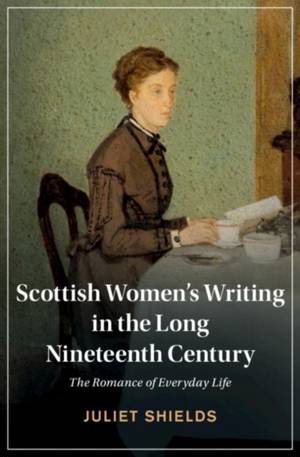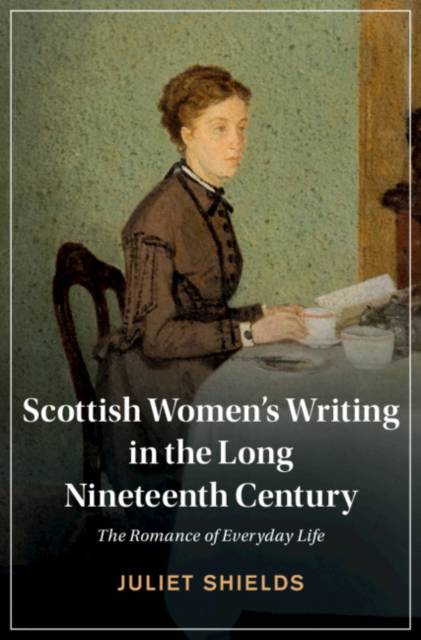
- Afhalen na 1 uur in een winkel met voorraad
- Gratis thuislevering in België vanaf € 30
- Ruim aanbod met 7 miljoen producten
- Afhalen na 1 uur in een winkel met voorraad
- Gratis thuislevering in België vanaf € 30
- Ruim aanbod met 7 miljoen producten
Zoeken
€ 144,45
+ 288 punten
Omschrijving
Walter Scott's tales of chivalry and adventure inaugurated a masculinized Scottish romance tradition that celebrated a sublime and heroic version of Scotland. Nineteenth-century Scotswomen responded to Scott's influence by establishing a counter-tradition of unromantic or even anti-romantic representations of Scotland. Their novels challenged the long-standing claim that Scotland lacked any equivalent to the English realist novel. In turning from the past to the present and from the sublimity of Scott's Highland landscapes to farmhouses, factories, and suburban villas, Scottish women writers brought romance to everyday life, illuminating the magnificence of the mundane. Drawing on the evangelical discourses emerging from the splintering of the Presbyterian Church in 1843, they represented fiction as a form of spiritual comfort, an antidote to the dreary monotony and petty frustrations of daily existence. This volume introduces the previously overlooked tradition of nineteenth-century Scottish women's writing, and corrects previously male-dominated histories of the Scottish novel.
Specificaties
Betrokkenen
- Auteur(s):
- Uitgeverij:
Inhoud
- Aantal bladzijden:
- 220
- Taal:
- Engels
- Reeks:
Eigenschappen
- Productcode (EAN):
- 9781316518267
- Verschijningsdatum:
- 29/07/2021
- Uitvoering:
- Hardcover
- Formaat:
- Genaaid
- Afmetingen:
- 152 mm x 229 mm
- Gewicht:
- 467 g

Alleen bij Standaard Boekhandel
+ 288 punten op je klantenkaart van Standaard Boekhandel
Beoordelingen
We publiceren alleen reviews die voldoen aan de voorwaarden voor reviews. Bekijk onze voorwaarden voor reviews.











